
In the midst of some of the biggest news coming out these past couple of years, journalists are necessary to cover everything for our knowledge. In this interview, I sat down with Mohammad Samra, a young 23 year old who is already making a name for himself with his considerable work. Samra, who works for the Chicago Sun-Times, talks on his passion, progression, and future while working at the second largest circulation among Chicago newspapers.
What inspired you to pursue the field of journalism, what was the motivation?
“Growing up I’ve always wanted to do something with sports and so by the time I got to high school, I remember specifically watching the World Series one year and seeing reporters on the field and I knew I was never good enough to make it to an actual sport through skill, so maybe I can make it to sports through something else…”.
What steps did you take to get to where you are now in terms of working as a journalist?
“When I was in my senior year of high school, I didn’t really do a good job to look into colleges to apply to, what I would do is look at colleges and apply to all the ones that I didn’t have to write an essay or pay an application fee… I got another email from Roosevelt and they have given me even more scholarship money, at the time being a senior in high school I didn’t really have my mind right, so Roosevelt giving me the most money, Imma just take Roosevelt… I met this professor who used to be a writer at Sun-Times, John Fountain… he told me ‘you cant just do sports writing because you’re good at story telling, the best way to get a job in the field is if you’re good at a lot of different things.’ Through his classes and other classes I learned how to do hard news stories, feature stories, emergent journalism, podcasting, audio recordings… I joined the Roosevelt newspaper, helped me gain experience in writing and working in a newspaper setting and then I got promoted to editor and it showed me a different perspective.”
Do you like the progress you’ve made? Do you like where you are right now?
“I do and I don’t. There’s a part of me, it’s kind like a gift and a curse, where I’m never fully satisfied with where I’m at. If I stay in the same place for too long I start to get anxious wanting to move up… During my senior year of college, if you told me that in two in a half years you’re gonna be with the Sun-Times and you’re gonna be publishing stuff on the regular basis, I would’ve told you you’re crazy. I was celebrating getting a quote into the Sun-Times, to now where I’m showing up in the paper every day or every other day. At the same time I always work to become better because once you become satisfied with where you are at you start to lose that motivation and it sort of gets in the way of you trying to move up but at the same time you have to appreciate where you are at. I’m extremely happy I get to start my career at the paper I grew up reading but at the same time I always gotta’ be looking to move up, looking for the next, because if I stay at the same spot, what’s the point?”
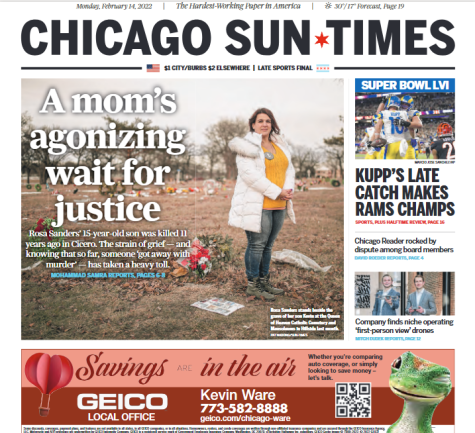
What do you believe are the most important things to know when on track to join the world of journalism?
“This goes for anything you want to do, If you’re gonna be in you have to be all in in what you want to do. At the same time you have to believe in a vision without seeing the pieces… There were times when I was first starting at UPS, night after night, coming out tired, got home to do homework till 4, 5 in the morning then sleep till 7, then have to go to school and if your not fixed on the future then you can get trapped in a bad mental state living that kind of life… the way I look at it is, I invested four years of my life in college just to get to a point where for the rest of my life I don’t have to worry about my career… you have to be invested into what you want to do, you have to believe in the bigger picture even without seeing the steps… you also have to be open to criticism, knowing how to improve… its not really about talent, its about your traits…”
What does the usual work day look for you?
“Depends on the day, today I worked from 8am to 4pm, then slept for a little bit, my Monday shift I work my midnight to 8am… I work mornings, overnights, 11am to 6:30pm on Wednesdays and Thursdays, I get a mix of everything but its a step up from what I used to do… I have a much better schedule now than I did before.”
What are some of the benefits gained from being a journalist?
“Depends on what kind of work you do… me personally right now with where I’m at, one of things that is a huge benefit for me is I get to add Sun-Times articles to my resume this early… I’m at the Sun-Times with a lot of mid career to late career journalist and newer journalist who worked at other papers so there’s a lot of good resources there I can learn from… being able to see how things move from behind the scenes is also pretty cool… good environment, I definitely enjoy the environment.”
Where do you want to see yourself in a couple of years?
“Honestly I don’t know, just because every time that I’ve been asked that question I always find myself in a way different position than what I say… I would always hate that question just because you cant really tell because going into the semester I didn’t expect everything that happened, you don’t really know, but if I had to answer I would say I hope I’m still at the Sun-Times. I really do love what I do, I love where I’m at… I hope too one day get to that point to where I can tell the same stories I was telling in college.”
Have you faced moments during you’re work years that have made you look at journalism differently than you originally did?
“Yeah, I’ve had a couple of those moments. I know initially when I started and all the homicides I would write up, all the grieving families I would talk to, the police not giving me information, or like people criticizing what we’re doing, it makes it easy to see it as a profession where everyone is bashing you so you start to wonder if everyone is bashing you why are you doing it? I took a deeper look at it and at the end of the day you’re doing one of two things, you’re either providing the public with essential information or your amplifying a voice for someone who otherwise wouldn’t have that voice… once you become at peace with yourself then everything else is sort of secondary. I have had those moments but now I’m sort of in a mode where mentally I know how to navigate throughout that which is a pretty valuable trait to have.”
If you want to contact Mohammad about any questions or comments, feel free to use any form of communication down below.
Also if you want to listen to the full, uncut audio of the interview, you may do so by clicking the SoundCloud audio down below. You can also find timestamps of all the questions if you want a specific one.
– @MoSamra16



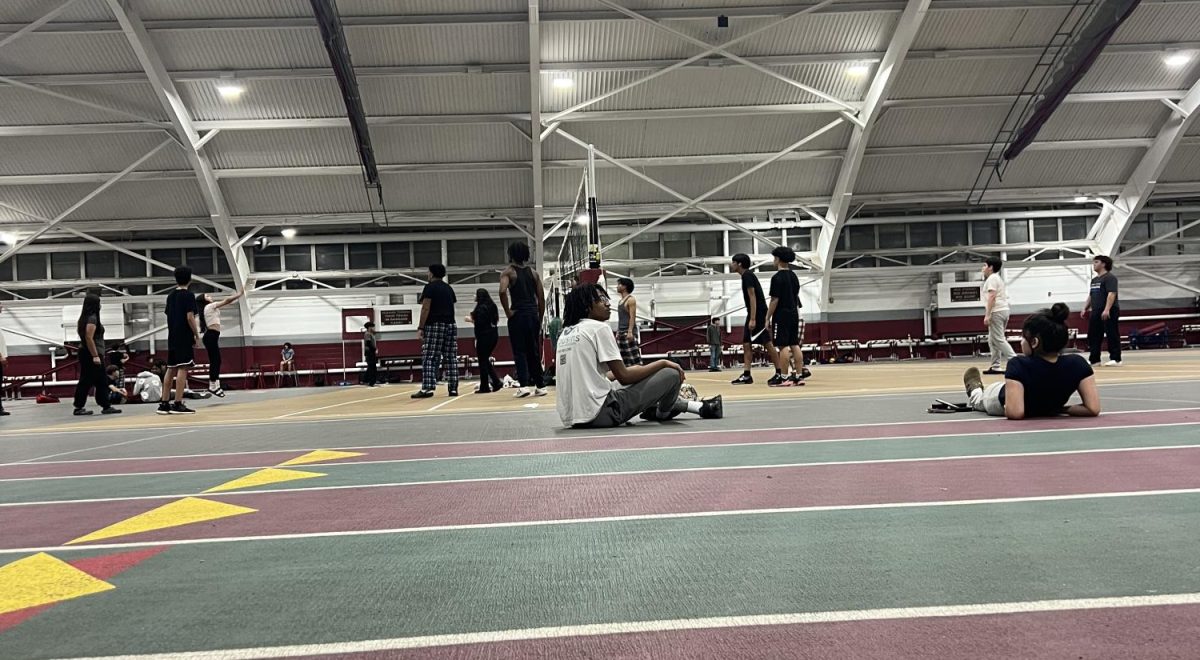
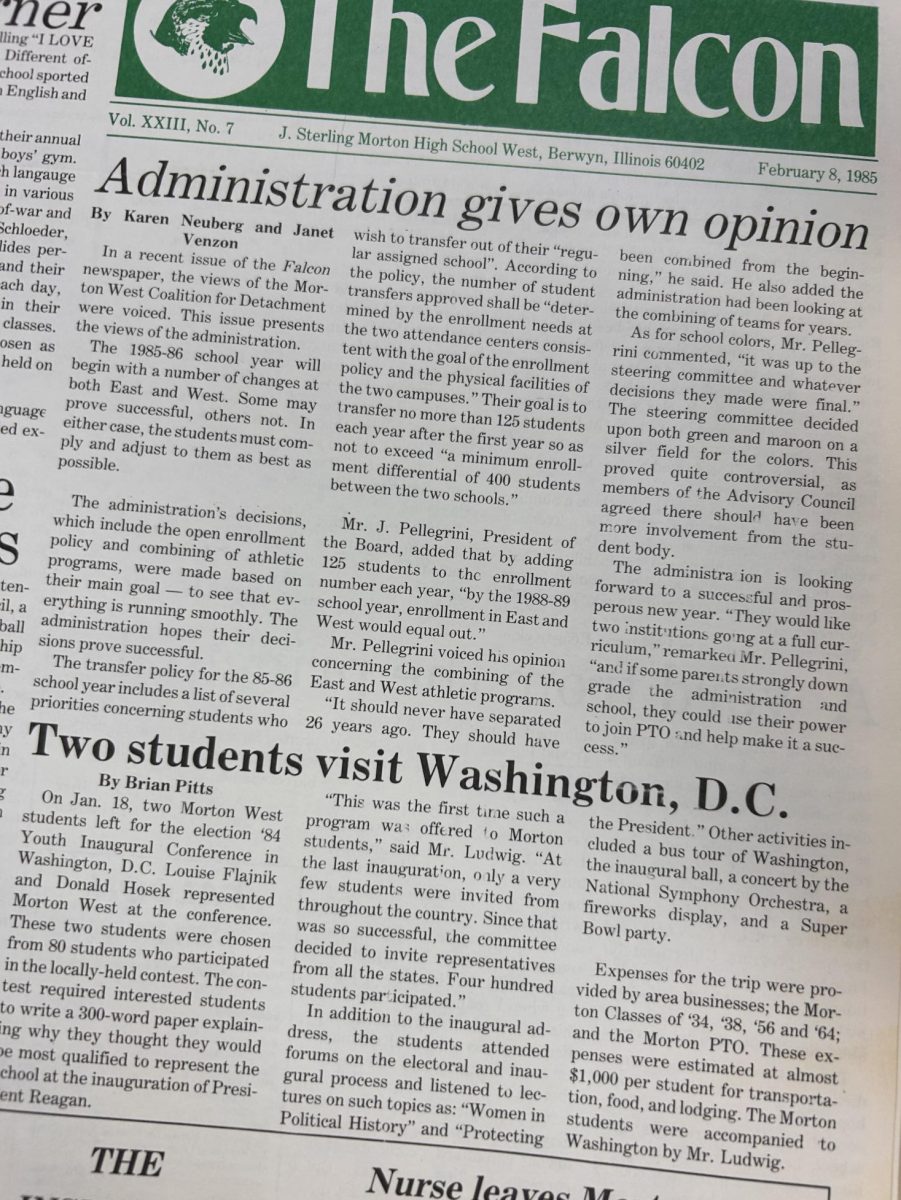


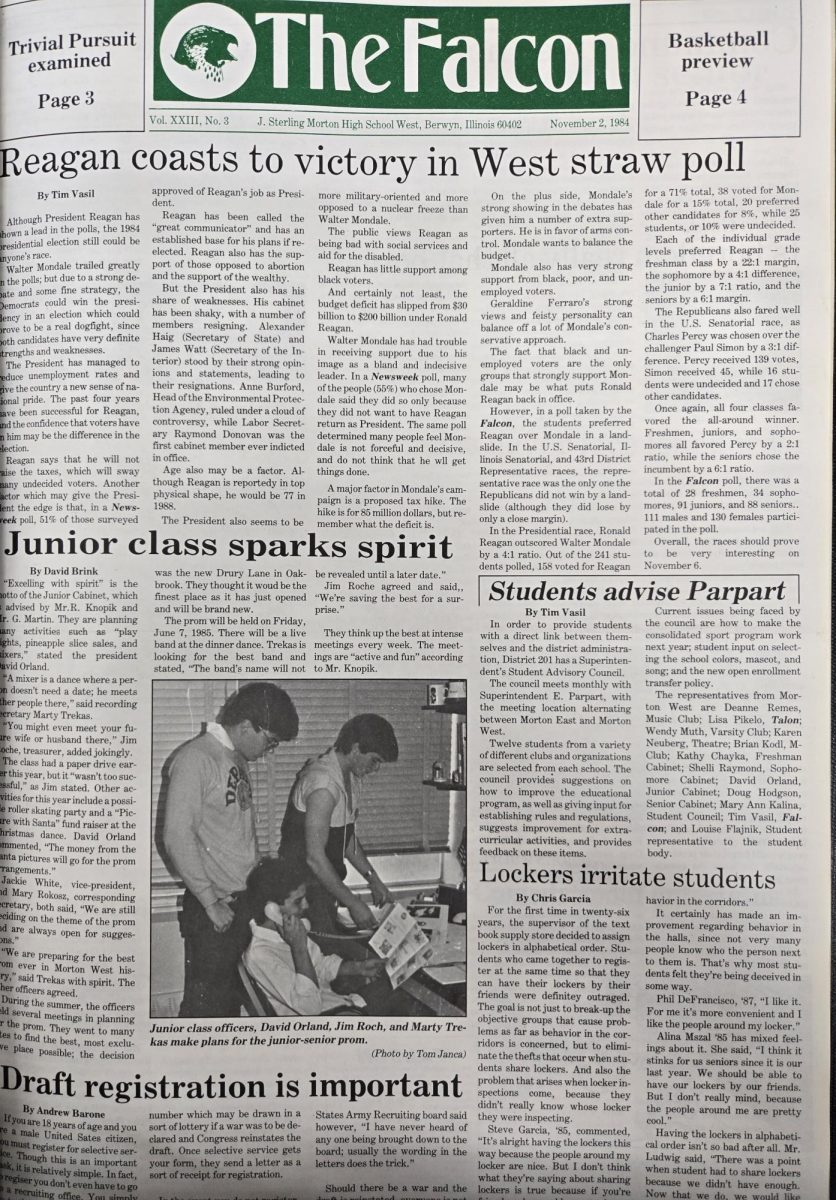
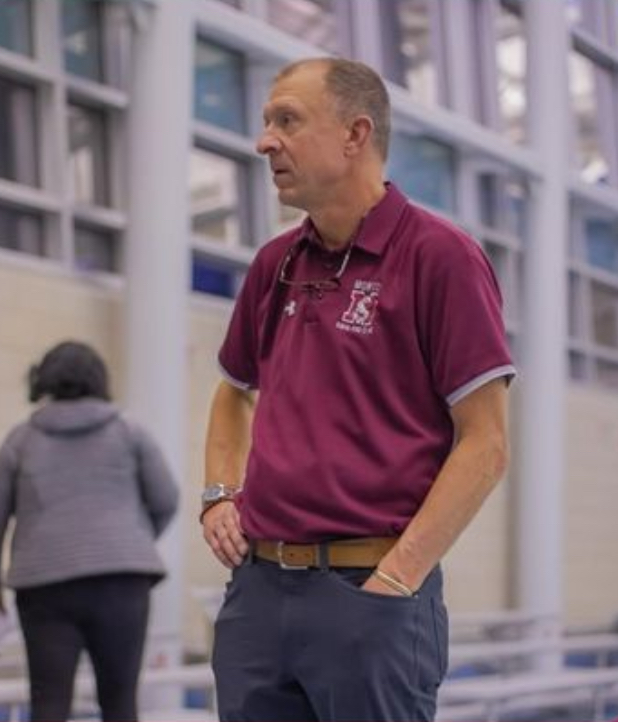


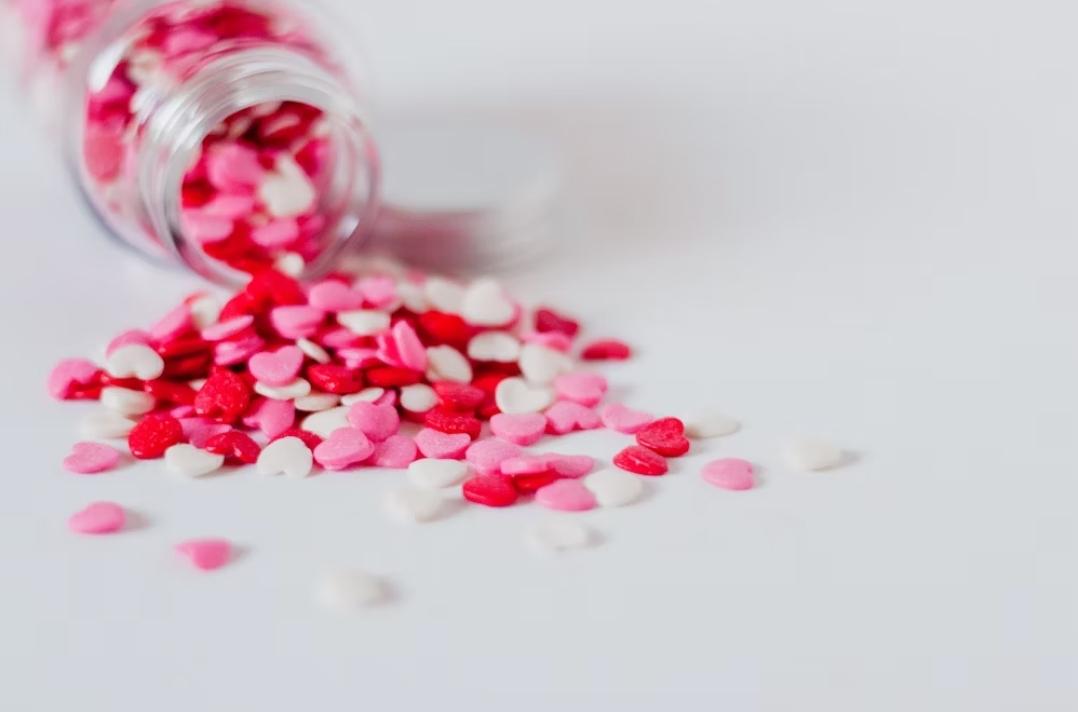
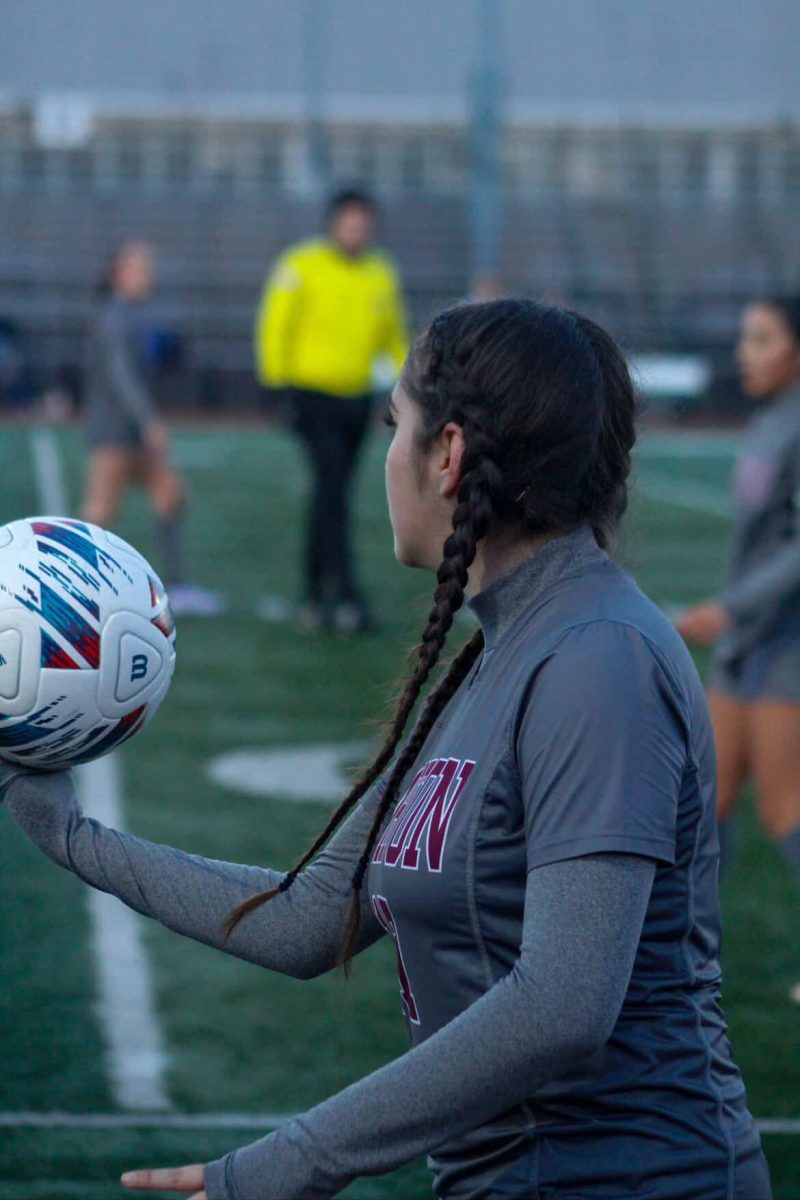
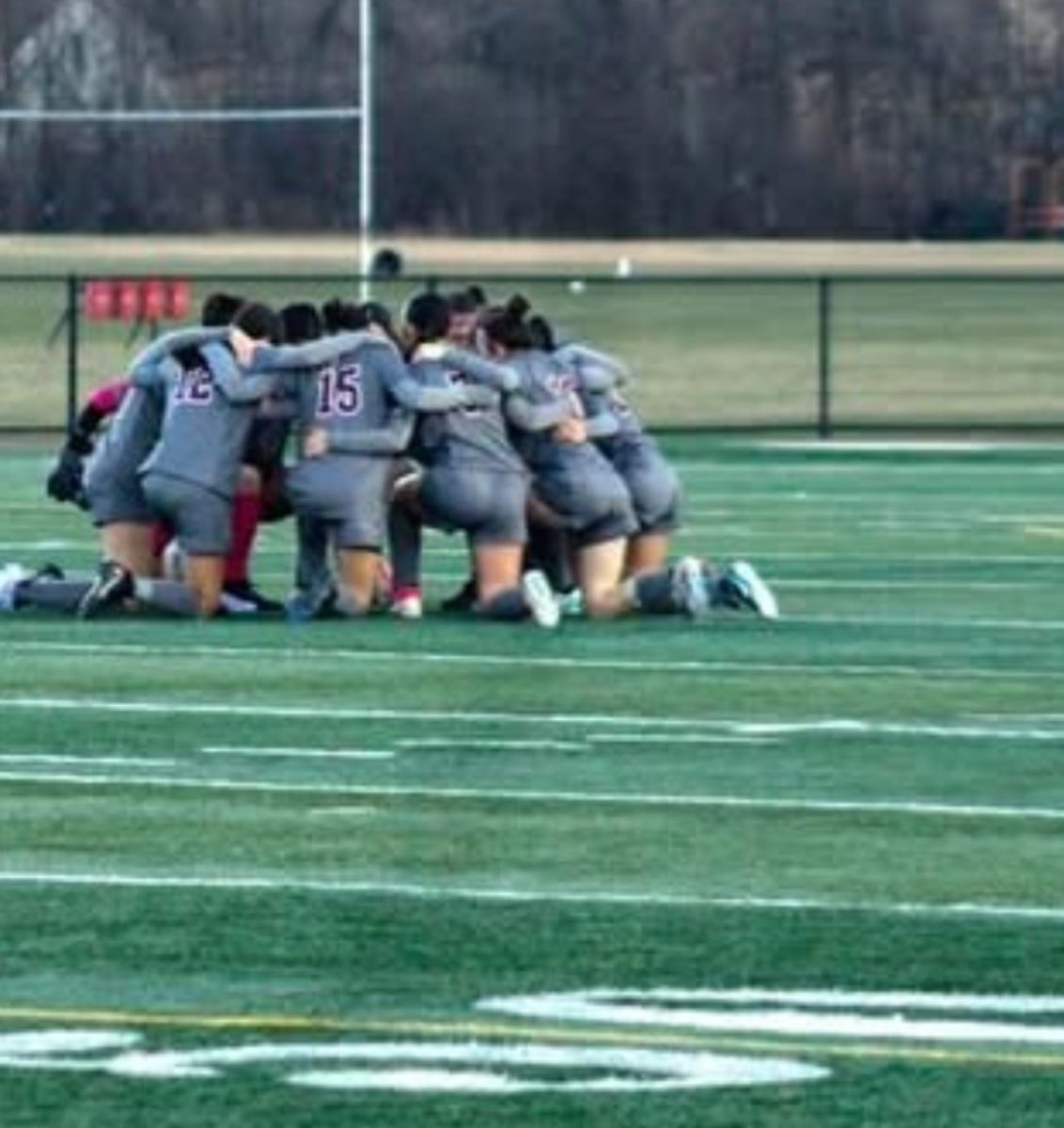
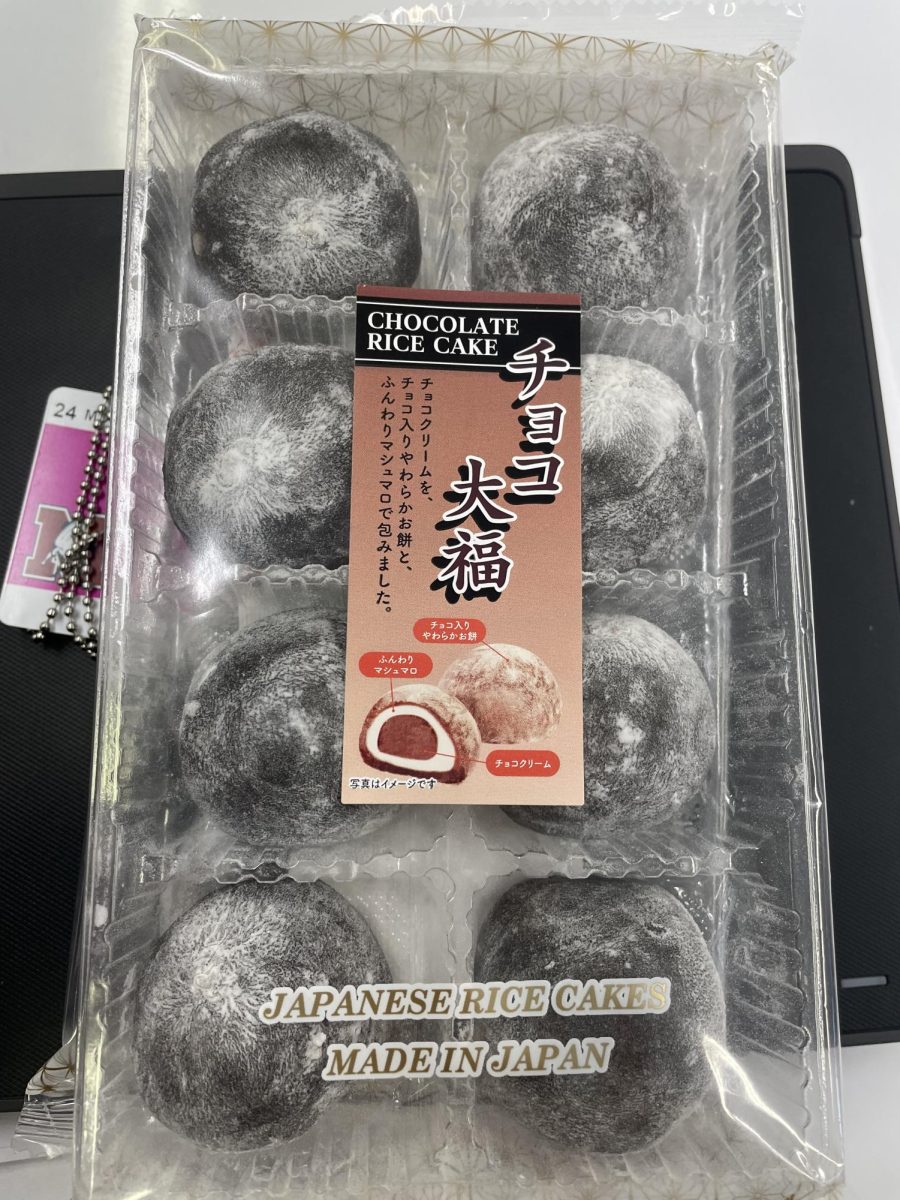
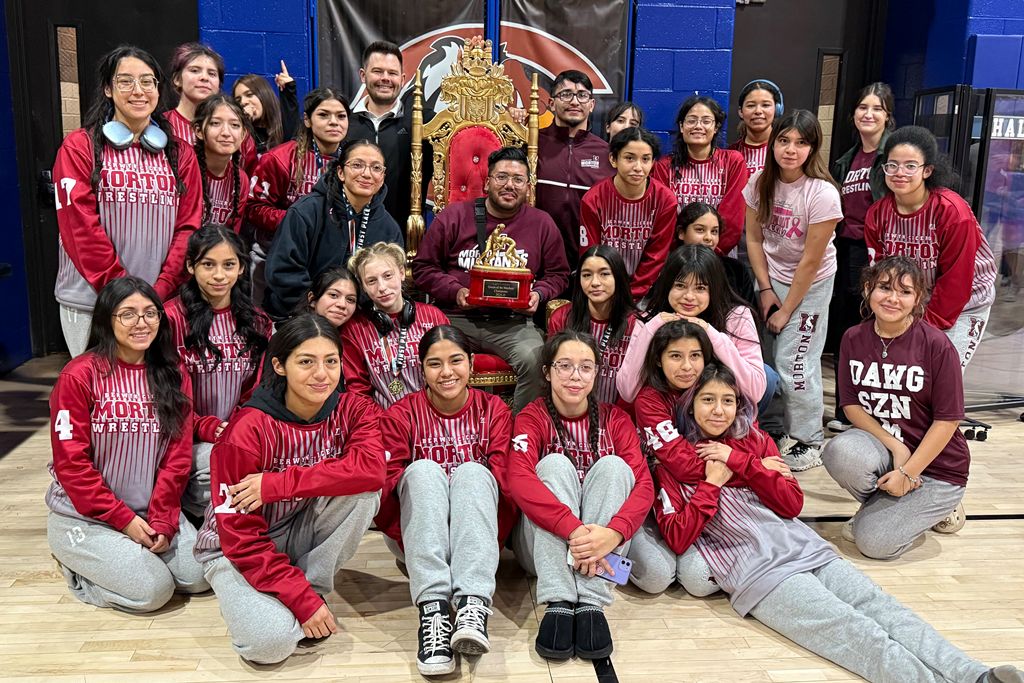
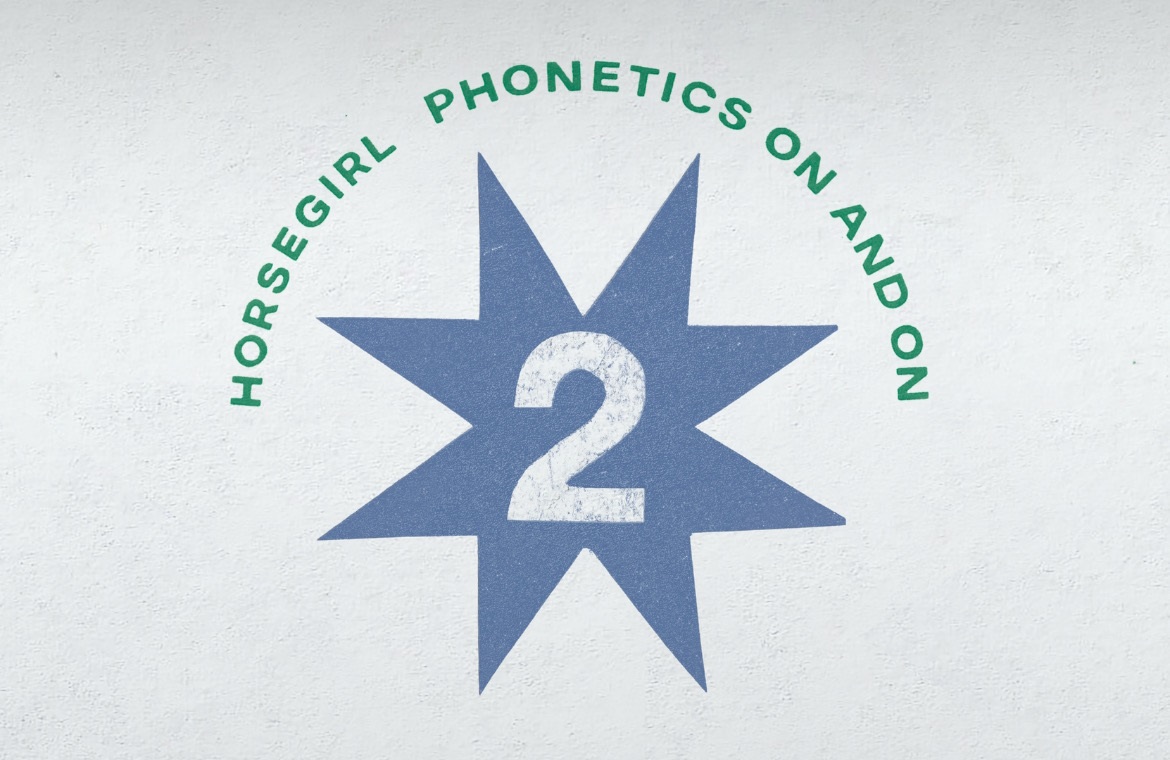
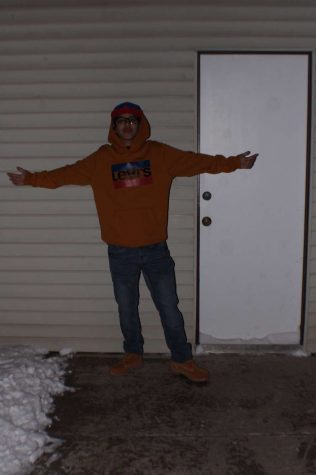
Maria • Mar 3, 2023 at 3:17 pm
Buen trabajo Willi sigue adelante el camino es largo pero tú puedes?
Luis • Mar 3, 2023 at 12:51 am
Great job boys ..
Rosa • Mar 2, 2023 at 8:55 pm
You did a great job on your interview well written. As well as very good responses from Mohammad. Keep up the good work.
Lupita • Mar 2, 2023 at 8:42 pm
Buen trabajo felicidades que todas tus metas se cumplan que Dios te bendiga…
Lucy • Feb 28, 2023 at 10:18 am
Good job guys
Beto • Feb 27, 2023 at 11:56 pm
Great questions and answers, very good work from both of you, what a good example to follow without a doubt
Everardo • Feb 27, 2023 at 11:01 pm
Phenomenal work, very detailed, and expressed positive guidence to audience!
Edwin Ortega • Feb 27, 2023 at 10:31 pm
Great job guys, keep up the great work and continue achieving your dreams!
Danny • Feb 27, 2023 at 6:18 pm
Loved the inspiration on both! Keep up the great work!
Connie Garcia • Feb 27, 2023 at 4:02 pm
Wow I’m truly amazed with the great job both of you did. May God bless both of you in this wonderful journey. ??
Javier Castro • Feb 27, 2023 at 12:31 pm
Good job congratulations
Olga Pantoja • Feb 27, 2023 at 11:41 am
Que Dios te bendiga por siempre a usted y su familia y qué los angeles de Dios estén siempre protegiendote.
laura • Feb 26, 2023 at 9:47 pm
muy buena entrevista para los dos buen trabajo x eso los kiero un montón alos dos sigan echandole ganas gracias Mohammad Samra t keremos mucho y ami willy t amo y no dejes d echale ganas como dise el comercial es x tu bien ❤️
L.M • Feb 26, 2023 at 6:31 pm
Amazing story keep up the great work
Sonia • Feb 26, 2023 at 10:55 am
Absolutely great interview and such an inspiration to the people who want to continue education in that field. Terrific questions along with precise answers. Great job!
Mel • Mar 2, 2023 at 8:40 pm
Buen trabajo muchachos muchas felicidades
Gio • Feb 26, 2023 at 1:46 am
this story describes very well the experience that Mohammad Samra has had getting to where he is now and what he plans on doing in the future
John rojo • Feb 25, 2023 at 8:04 pm
Great insight, great questions, great answers, great article! this Mohammad guy is thriving. Keep up the work.